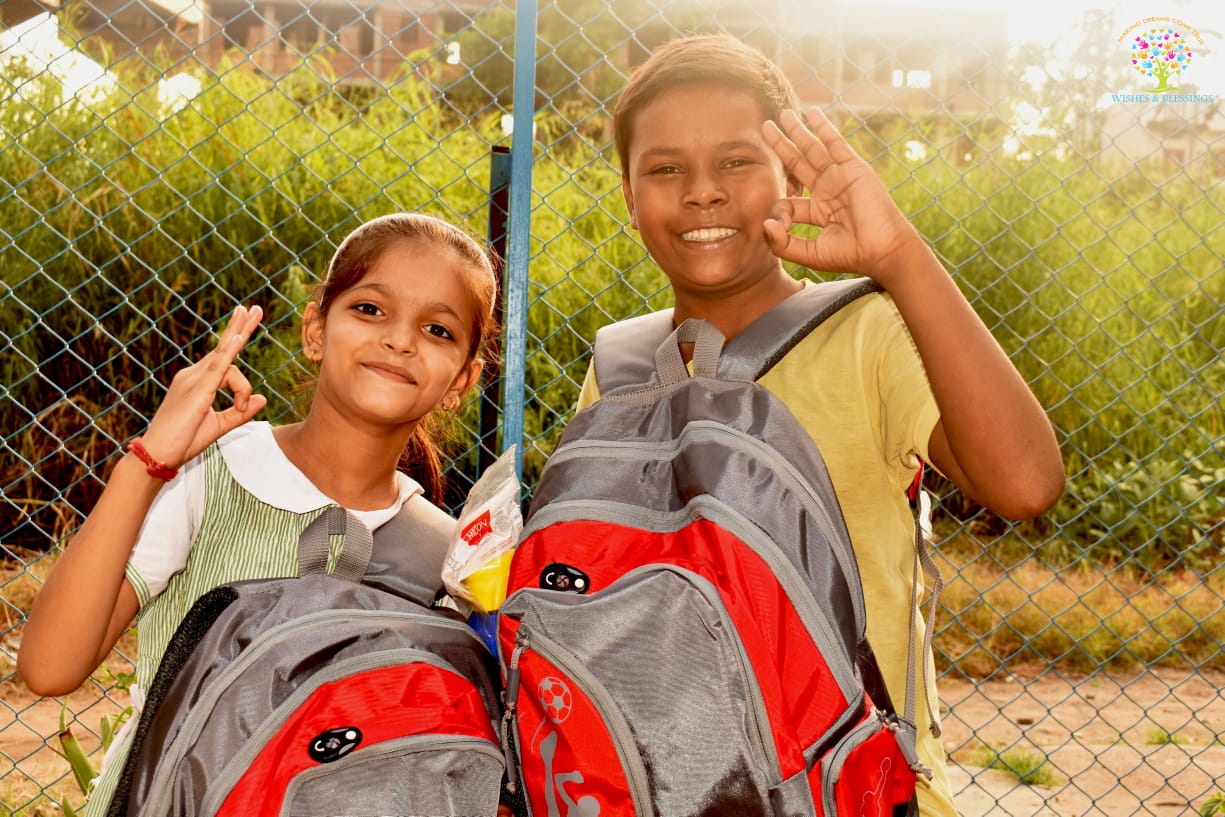The new education policy seeks to provide all students, irrespective of their place of residence, a quality education system, with particular focus on historically marginalized, disadvantaged, and underrepresented groups. Education is a great leveler and is the best tool for achieving economic and social mobility, inclusion, and equality. The policy aims to have Initiatives in place to ensure that all students from such groups, despite inherent obstacles, are provided various targeted opportunities to enter and excel in the educational system.
I believe the sheer mention of the fact that education should be provided to all students with a focus on historically marginalized, disadvantaged, and underrepresented groups is a move in the right direction. It correctly identifies education as a great leveler and addresses the critical issues faced by many in our country who do not have access to proper education even today.
The policy aims to promote a student’s holistic development in both academic and non-academic spheres, and thus is a move away from the traditional focus on just academics. It also aims to provide flexibility to students such that they can choose their learning trajectories and programs, and thereby choose their own paths in life according to their talents and interests, as opposed to the hard separations between arts and sciences, between curricular and extra-curricular activities, between vocational and academic streams, etc. that are currently in place. The focus is on conceptual understanding rather than rote learning and learning-for-exams, thereby promoting creativity and critical thinking to encourage logical decision-making and innovation.
Education is a public service and access to quality education must be considered a basic right of every child, and the policy aims to seek substantial investment in a strong, vibrant public education system as well as encourage and facilitate true philanthropic private and community participation.
The policy focuses on Early Childhood Care and Education, since over 85% of a child’s cumulative brain development occurs before the age of 6, indicating the critical importance of appropriate care and stimulation of the brain in the early years in order to ensure healthy brain development and growth. Presently, quality ECCE is not available to crores of young children, particularly children from socio-economically disadvantaged backgrounds. Strong investment in ECCE has the potential to give all young children such access, enabling them to participate and flourish in the educational system throughout their lives. The policy also highlights the significance of Anganwadis (also known as “courtyard shelter”, which is a type of rural child care center in India which helps poor children to eat food stomach full. They were started by the Indian government in 1975 as part of the Integrated Child Development Services program to combat child hunger and malnutrition) in carrying out the ECCE.
The ability to read and write, and perform basic operations with numbers, is a necessary foundation and an indispensable prerequisite for all future schooling and lifelong learning. However, various governmental, as well as non-governmental surveys, indicate that we are currently in a learning crisis: a large proportion of students currently in elementary school – estimated to be over 5 crore in number – have not attained foundational literacy and numeracy, i.e., the ability to read and comprehend basic text and the ability to carry out basic addition and subtraction with Indian numerals. As per the policy, the highest priority of the education system will be to achieve universal foundational literacy and numeracy in primary school by 2025. The policy highlights the importance of collaboration and volunteering, by stating that if every literate member of the community could commit to teaching one student/person how to read, it would change the country’s landscape very quickly.
Further, the policy highlights that children are unable to learn optimally when they are undernourished or unwell. Hence, the nutrition and health (including mental health) of children needs to be addressed, through healthy meals and the introduction of well-trained social workers, counsellors, and community involvement into the schooling system.
About the Author



Manik loves to spend time with his family, listening inquisitively to the stories his grandparents share. He has always been passionate about helping society and thus gave up his Investment Banking career to pursue his passion. Having majored in finance, he wishes to increase financial literacy and awareness in the country.

